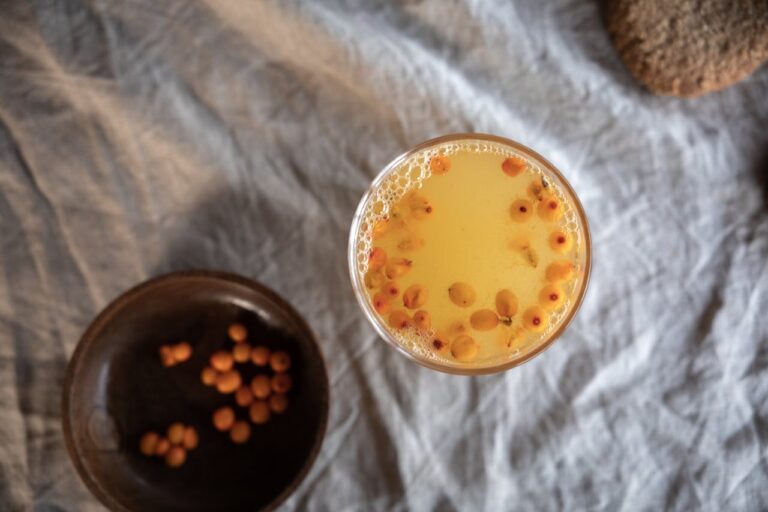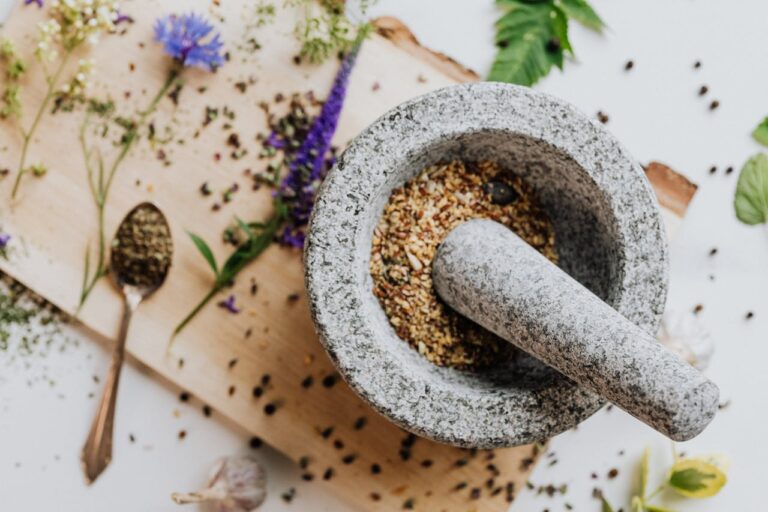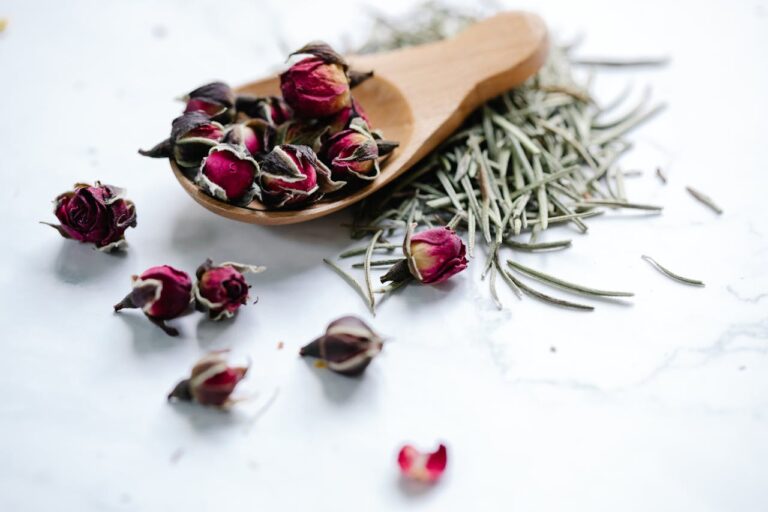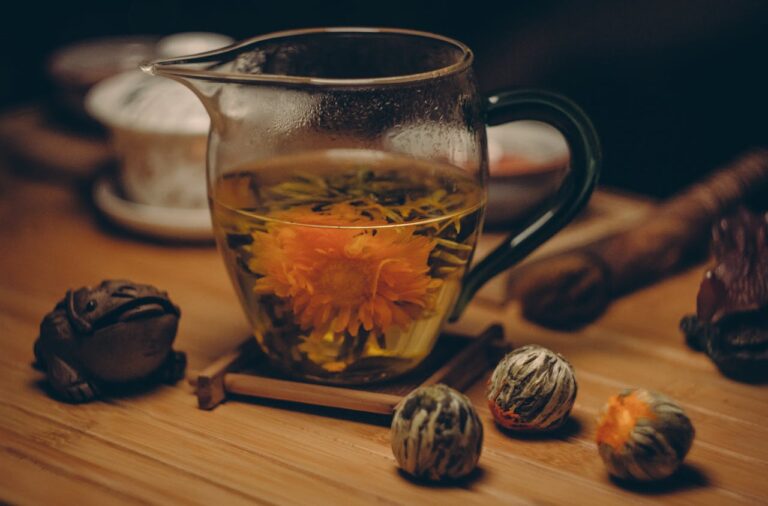The Long Road to Recovery
Recovering from a chronic illness can be frustratingly slow. You might feel exhausted, struggling with lingering symptoms that make daily life challenging. Conventional treatments often focus on managing symptoms rather than addressing the root cause, leaving many searching for complementary solutions.
Fortunately, nature provides powerful healing tools. Herbal remedies, used for centuries across cultures, can support your body’s natural healing processes, boosting energy, reducing inflammation, and enhancing overall well-being. In this article, we’ll explore some of the most effective herbal protocols that may help speed up recovery naturally.
Understanding the Challenges of Chronic Illness Recovery
Chronic illnesses—whether autoimmune disorders, post-viral fatigue, or long-term inflammatory conditions—can leave the body depleted. Many people face challenges such as:
- Persistent fatigue and brain fog
- Weakened immune function
- Digestive disturbances
- Chronic inflammation and pain
- Poor detoxification
Healing is a multi-faceted process requiring proper nutrition, rest, and supportive therapies. Herbal medicine can play a key role by addressing these core issues holistically.
The Power of Herbal Medicine in Recovery
Herbs contain bioactive compounds that can help restore balance in the body. Unlike pharmaceuticals, which often target single pathways, herbal remedies work synergistically, supporting multiple functions at once.
1. Adaptogens for Energy and Stress Resilience
Adaptogens are a class of herbs that help the body adapt to stress, a crucial factor in chronic illness recovery.
- Ashwagandha (Withania somnifera) – Known for reducing cortisol levels, improving sleep, and enhancing energy.
- Rhodiola (Rhodiola rosea) – Supports mental clarity, reduces fatigue, and boosts endurance.
- Eleuthero (Eleutherococcus senticosus) – Helps with physical stamina and immune resilience.
2. Anti-Inflammatory Herbs for Pain and Immune Balance
Chronic inflammation can hinder recovery. These herbs may help reduce systemic inflammation:
- Turmeric (Curcuma longa) – Contains curcumin, a potent anti-inflammatory compound that supports joint health and immune function.
- Ginger (Zingiber officinale) – A natural pain reliever that also supports digestion and circulation.
- Boswellia (Boswellia serrata) – Known for its ability to reduce inflammatory markers and support joint health.
3. Liver Support for Detoxification and Vitality
Toxin buildup can slow recovery. Liver-supporting herbs can enhance detox pathways:
- Milk Thistle (Silybum marianum) – Protects liver cells and promotes detoxification.
- Dandelion Root (Taraxacum officinale) – Stimulates bile production for digestion and detox support.
- Burdock Root (Arctium lappa) – Aids in blood purification and skin health.
4. Gut-Healing Herbs for Digestive Health
A healthy gut is key to overall recovery. These herbs promote digestive function:
- Slippery Elm (Ulmus rubra) – Soothes the gut lining and supports healing from leaky gut.
- Marshmallow Root (Althaea officinalis) – Provides mucilage that coats and protects the stomach lining.
- Licorice Root (Glycyrrhiza glabra) – Helps reduce inflammation and supports adrenal function.
5. Immune Modulators for Strengthening Defenses
Chronic illness often weakens immune function, making recovery slower. These herbs may help balance the immune response:
- Elderberry (Sambucus nigra) – Rich in antioxidants, supports immune resilience.
- Astragalus (Astragalus membranaceus) – Enhances immune function and supports energy levels.
- Reishi Mushroom (Ganoderma lucidum) – A powerful adaptogen that modulates the immune system.
How to Incorporate Herbal Protocols Safely
Choosing Quality Herbs
Look for organic, non-GMO, and sustainably sourced herbal supplements. Tinctures, teas, capsules, and powders all offer different benefits—choose based on your preference and absorption needs.
Start Slow and Monitor Reactions
Introduce one herb at a time and observe how your body responds. Some people may have sensitivities, especially if dealing with autoimmune conditions.
Work with a Professional
While herbal medicine is generally safe, it’s always best to consult with a qualified herbalist or healthcare provider to tailor an herbal plan to your specific needs.
Additional Lifestyle Tips for Faster Recovery
Herbs work best when combined with a holistic lifestyle. Consider these additional strategies:
- Prioritize Sleep – Deep, restorative sleep is essential for healing.
- Optimize Nutrition – Focus on whole, nutrient-dense foods rich in antioxidants.
- Manage Stress – Practice mindfulness, meditation, or gentle movement like yoga.
- Stay Hydrated – Proper hydration supports detoxification and cellular repair.
- Move Gently – Light exercise, such as walking or stretching, can promote circulation and reduce stiffness.
Empowering Your Recovery Journey
Recovering from a chronic illness is a marathon, not a sprint. However, incorporating herbal protocols into your daily routine may help speed up healing by supporting energy levels, reducing inflammation, improving digestion, and strengthening the immune system.
Remember, the best approach is a comprehensive one—pairing herbs with proper nutrition, stress management, and a supportive lifestyle can create the optimal environment for healing.
Disclaimer: This article is for informational purposes only and is not intended to diagnose, treat, or cure any disease. Consult a healthcare professional before starting any new herbal regimen, especially if you are pregnant, nursing, or taking medications.






